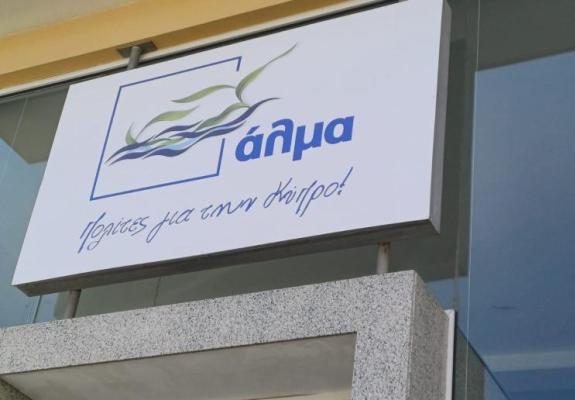Cyprus Pushes for E-Invoicing in Public Sector Transactions
Government Unveils Measures to Promote Digital Invoicing and Streamline Procurement Processes with Businesses
The Cypriot government is advancing the implementation of electronic invoicing in transactions with the public sector, with Deputy Minister of Research, Innovation and Digital Policy, Nikodemos Damianou, and the Accountant General of the Republic, Andreas Antoniades, outlining the key initiatives at a press conference.
The measures aim to promote the wider adoption of e-invoicing, which is expected to improve the speed and efficiency of business transactions with the state.
As noted during the briefing, electronic invoices processed via the Pan-European Public Procurement On-Line (PEPPOL) access point ensure timely execution and payment, while reducing administrative costs and streamlining business operations. It was clarified that submitting invoices in PDF format does not qualify as electronic invoicing.
The government seeks to extend e-invoicing usage throughout the market and business community, recognizing it as a foundational element of the digital economy.
The first announced measure prioritizes the processing of electronic invoices by government accounting departments. Under the new system, valid e-invoices will be prioritized over paper submissions and handled electronically. This is expected to result in payment within 20 days from receipt or acceptance, while also eliminating risks of document loss and mailing costs.

Another action involves introducing mandatory e-invoicing requirements in public procurement documents. The Accountant General’s Office will soon issue a directive encouraging contractors under existing framework agreements—especially those involving IT equipment and services—to adopt e-invoicing.
For future agreements and open tenders managed by the Department of Information Technology Services, a mandatory e-invoicing clause will be included. This requirement will gradually expand to other categories and sectors of public procurement.
To support this transition, the Ministry of Finance has launched a public consultation on a draft amendment to the law on issuing electronic invoices in the context of public contracts. The amendment would enable the gradual mandatory application of e-invoicing by businesses dealing with the public and broader public sector, through decrees issued by the Minister of Finance.
These decrees will set monetary thresholds for contract values above which the issuance of e-invoices becomes mandatory for successful bidders.
Another initiative includes collaboration with private entities to facilitate the adoption of e-invoicing. The goal is to make use of available tools and the state’s existing infrastructure to ease the integration of e-invoicing solutions into business transactions with the public sector.






